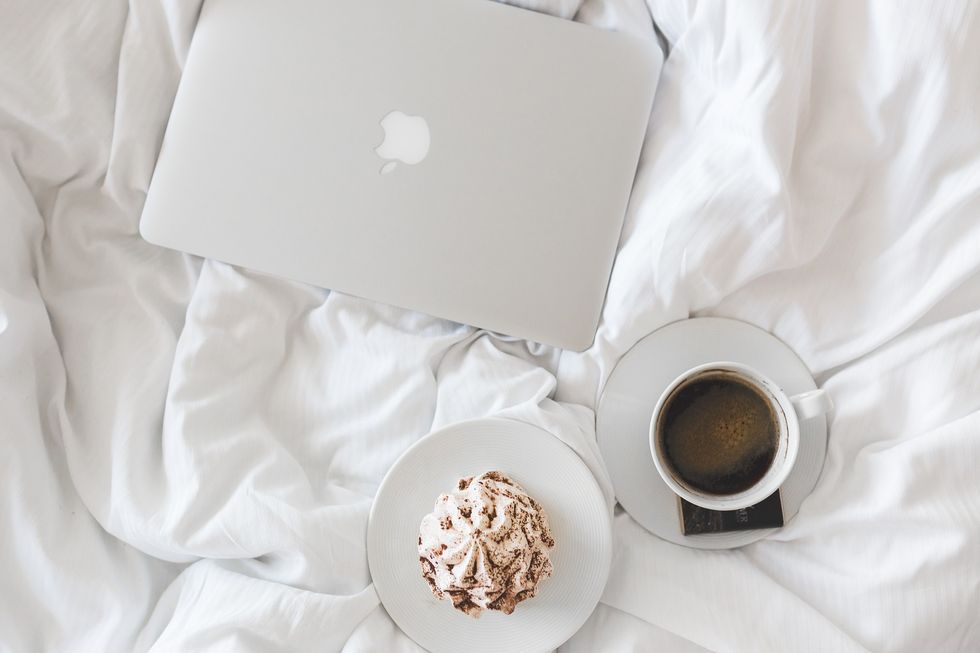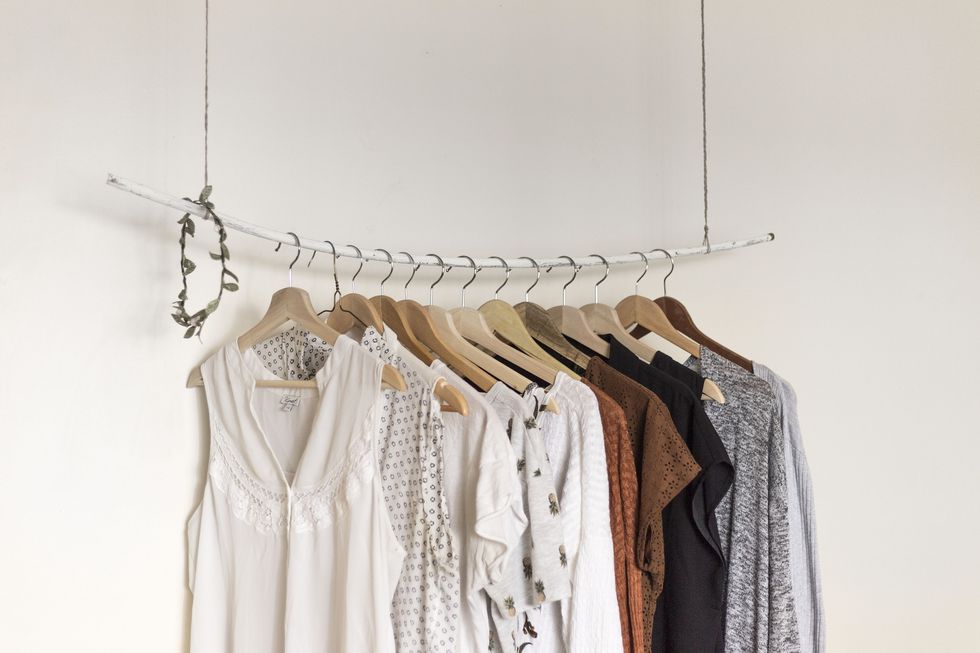If you are like me, you probably want to dive into the new year with a fresh start. However, as we look at our belongings, it can seem like a particularly daunting task to sort through everything; especially when you’ve been collecting all that nice swag from the past semester.
When we think about downsizing and decluttering, a completely white room with carefully placed furniture and sparse decor may come to mind. This is the minimalist lifestyle that most of us picture. However, not all of us can be minimalists — nor should we, because we each must define what minimalism means to us individually.
Minimalism for some may mean living without unnecessary items, but it could also mean pursuing our passions in addition to your regular job, or finding peace with the items and people in your life and eliminating what is holding you to your past.
So as we look at how we can have a fresh start this new year, consider your own version of minimalism and the benefits it can bring to your life. Whether or not you call it “minimalism” or not, finding what is most important to you takes time and experimenting.
If you want to add the concept of “less is more” to your life, here are some tips for finding your own minimalist lifestyle and having a more stress-free and focused new year.
1. Keep what sparks joy
Some of you may have heard of the books The Life-Changing Magic of Tidying Up and Spark Joy by Marie Kondo. These are great books for minimalists, but finding what brings you joy can be much simpler than reading a book.
Think about the items that you use often, or what hobbies you love. Make a list of all the commitments and items in your life in different categories. If it doesn’t spark joy when you think about it or use it, then it may be a sign to let go of it so that you can make time for the things that you really love.
2. Get inspired
For more inspiration on minimalism, I’d strongly recommend following minimalist blogs, YouTube channels, documentaries, Pinterest boards, etc. or making one of your own! Seeing how other people approach minimalism can give you more inspiration for incorporating it into your own life and finding ease with the process.
3. Put it all out there
Whether it is clothing, cookware, or the contacts in your phone, get them all out and look through each of them one by one. If it is physical items, make sure that none of them are hiding in the back of your closet. Create a piles or lists labeled “yes,” “no,” and “maybe,” and start sorting by category.
Donate or delete what’s in the “no” pile, and for the “maybe” pile, keep it tucked away in an accessible place. If you haven’t thought about it or used something in the “maybe” pile for a month, then it is a sign that you can pass it on to someone else.
4. Set minimalist goals for yourself
Getting rid of unnecessary things in your life doesn’t happen overnight. In fact, even life-long minimalists still find themselves re-thinking their own form of minimalism.
A great way to set goals is to have a monthly goal to go through a certain section of your life — whether that be clothes, make-up, etc. By the end of the year, you’ll start to feel lighter than ever.
5. Quality over quantity
This one is probably the most difficult to do in college when you’re pretty broke. However, over time I’ve found that investing in items that will last me longer actually save me money in the long run.
When you buy or invest in something, think about how long you expect to be committed to it. Because let's face it: none of us have time for that t-shirt that you're only going to wear once or that cheap pair of boots that didn't last you through the winter.
It's pretty easy to get sucked into all the sales, but focusing on a few items that you really want will help you avoid the temptation of spending more on a bunch of cheaper items that you won't end up using later. The same goes for giving gifts to others: make sure that what you give is just as intentional and useful as what you get.
6. Make it centered around YOU
The most important part of minimalism is making it about you. Even if you see other people use minimalism in a certain way, you get to decide what minimalism means to you and how it affects your life.
Minimalism should not affect your own personality and taste because it is about adapting your own style and interests to living a more intentional and stress-free life.
You don’t have to get rid of everything you own to be a minimalist — in fact, you could actually get more if you find things that bring your joy. In the end, it is about loving the items, passions, and people in your life and enjoying them to the fullest.






















